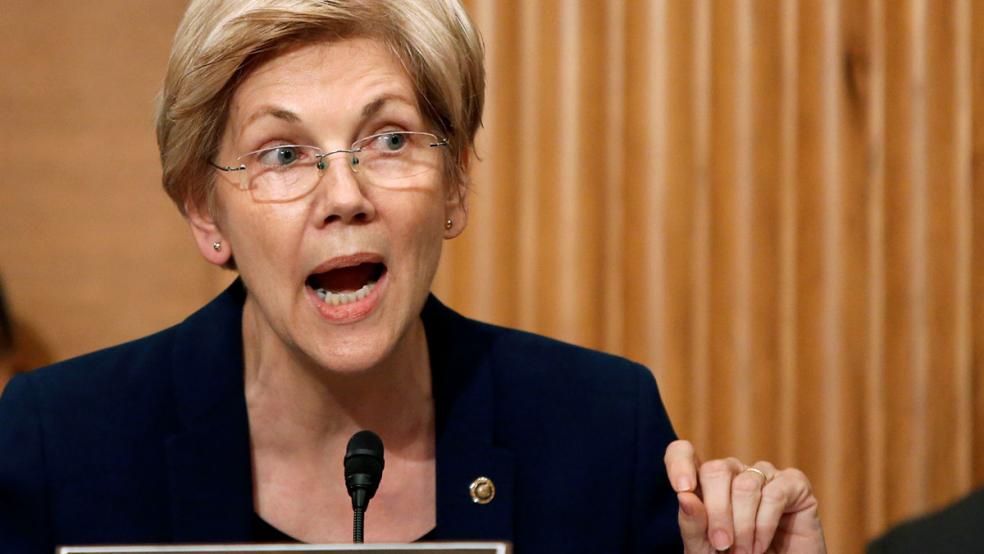In the latest version of the still-developing Build Back Better bill, Democrats are proposing a 15% minimum income tax on large businesses, part of an effort to offset the plan’s $1.85 trillion cost by increasing tax revenues from the wealthy and corporations. According to a report released Thursday by Sen. Elizabeth Warren (D-MA), such a tax would force at least 70 major U.S. companies that paid less than 15% in income tax in 2020 to pay quite a bit more, generating an estimated $22 billion in federal revenues in just one year.
“America’s largest corporations have rigged the tax code in their favor, employing armies of lobbyists and accountants to write and abuse the rules so they can avoid paying their fair share of taxes,” the report charges.
In one example cited in the report, DISH Network reported $2.6 billion in profits in 2020 and paid its chairman almost $95 million but paid no federal income taxes – and got a $231 million tax refund to boot. In another example, defense contractor Northrop Grumman made $3.7 billion, but paid an effective tax rate of just 6.7%, far below the standard tax rate of 21%
“These are not isolated examples,” the report says. “Year after year, far too many giant corporations report billions in profits to their shareholders and then tell the U.S. government that they owe nothing come tax time.”
How the minimum tax would work: The 15% minimum tax would apply to “book income,” which companies report to their shareholders and is typically larger than the number they report to the IRS. Companies often reduce their reported incomes using various deductions and credits, thereby reducing the taxes they owe.
According to the Joint Committee on Taxation, such switching to a minimum corporate tax of 15% would produce $319 billion in revenue over 10 years.
A problem for corporate investment? Imposing a minimum tax on book income would raise more federal revenues, but could have a negative effect on business investment, according to Thornton Matheson and Thomas Brosy of the Tax Policy Center.
Under such an approach, companies would lose many of the tax credits associated with depreciation, which is a key component in how many firms in the utilities, transportation and manufacturing sectors evaluate future investments. In their analysis, Matheson and Brosy found that companies that invest heavily in equipment and R&D would likely reduce those investments under a minimum book tax regime.
By comparison, an increase in the corporate tax rate to 25% – a Democratic proposal that was replaced in the spending bill by the minimum corporate tax – would raise federal revenues but have no negative effect on investment decisions.
“Given that the corporate tax base now consists mostly of rents and that share ownership is skewed toward the wealthy, a rate hike would have been both efficient and progressive,” Matheson and Brosy say. “Despite its lower headline tax rate, the book minimum tax may be more likely to undermine investment.”




